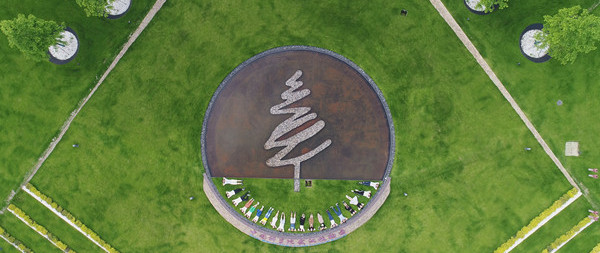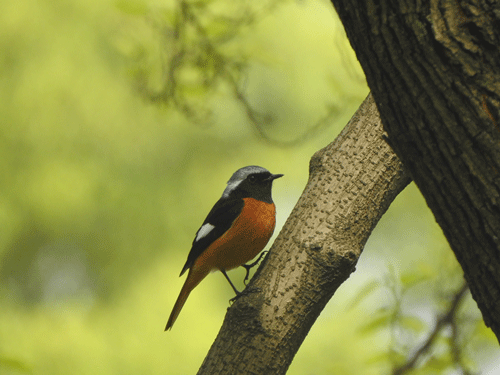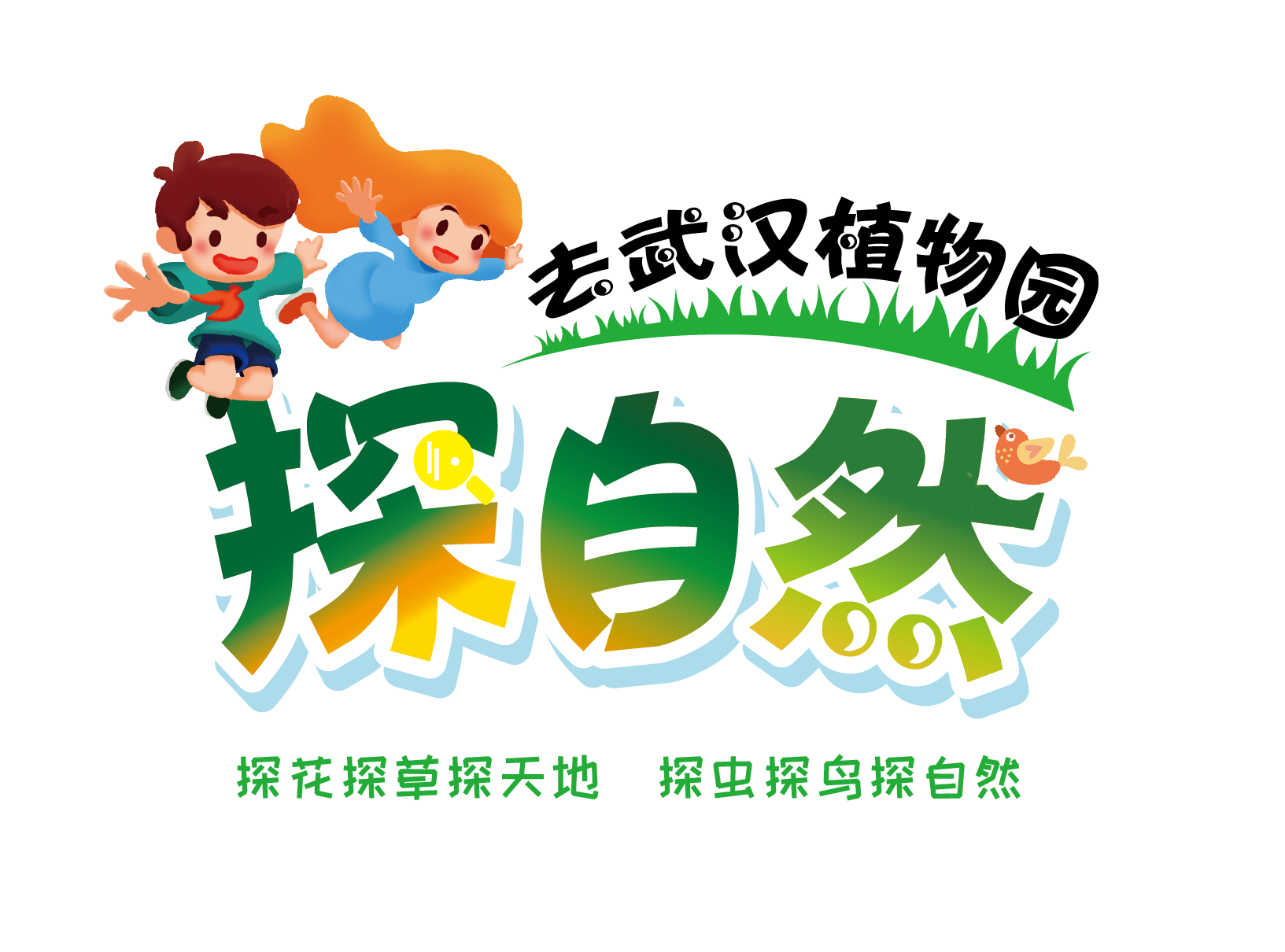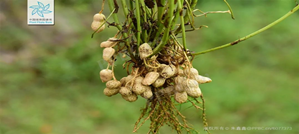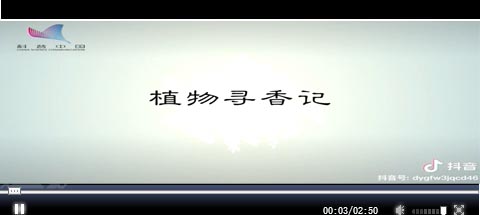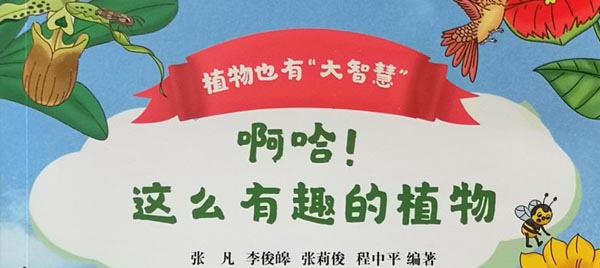学科组的研究旨在通过生态学、基因组学和微生物学的视角,探讨基因组–表型–环境之间的关系,阐明植物适应环境变化的生态和进化机制。通过利用作物近缘野生种(如草莓,Fragaria)、生物能源植物(如浮萍,Lemnoideae)以及其他植物,学科组的研究不仅解决进化生态学的基本问题,而且解决农业、生态系统管理和生物多样性保护所面临的实际问题。学科组的研究通过整合植物学、种群与群落生态学、微生物生态学、传粉生物学、数量遗传学、种群基因组学和系统发育基因组学,多角度跨学科的理解和预测植物的适应性和可塑性。研究成果发表在Nature等国际主流杂志期刊。主持了美国国家自然科学基金项目,并担任 30 多种SCI期刊的论文审评,以及担任美国及欧洲的国家自然科学基金项目的审评,包括美国国家自然科学基金 (NSF),德国国家自然科学基金(DFG; Deutsche Forschungsgemeinschaft)和波兰国家自然科学基金(NCN; National Science Centre)。
进化生态学学科组诚邀国内外优秀人才加入,现招募特别研究助理或副研、博士后、博士研究生、硕士研究生和本科生。欢迎对生态学、进化生物学、微生物学、基因组学、生物信息学、分子生物学、传粉生物学及建模感兴趣的研究人员加入我们!
研究组长
|

|
姓 名 |
魏娜 |
学 历 |
博士 |
| 职 称 |
研究员 |
职 务 |
博士生导师, PI |
| 通讯地址 |
武汉市东湖新技术开发区九峰一路201号 |
| 邮政编码 |
430074 |
电子邮箱 |
na.wei.phd@hotmail.com |
| 姓 名: |
魏娜 |
| 学 历: |
博士 |
| 职 称: |
研究员 |
| 职 务: |
博士生导师, PI |
| 通讯地址: |
武汉市东湖新技术开发区九峰一路201号 |
| 邮政编码: |
430074 |
| 电子邮箱: |
na.wei.phd@hotmail.com |
简要履历
| 2024–至今 |
中国科学院武汉植物园 |
研究员 |
| 2020–2024 |
Holden Arboretum, USA |
研究员 |
| 2015–2019 |
University of Pittsburgh, Department of Biological Sciences |
博士后 |
| 2009–2015 |
University of Michigan, Ecology and Evolutionary Biology |
博士 |
| 2006–2009 |
南京大学生命科学学院 |
硕士 |
| 2002–2006 |
南京大学生命科学学院 |
学士 |
社会任职
- 2021–至今 Case Western Reserve University, USA 助理教授(兼职)
- 2023–至今 Cleveland State University, USA 教授 (兼职)
获奖及荣誉
| 2014–2015年 |
拉克汉姆博士生奖学金,美国密歇根大学 |
| 2013–2014年 |
巴伯奖学金,美国密歇根大学 |
| 2012–2013年 |
进化生态学系奖学金,美国密歇根大学 |
| 2010–2011年 |
拉克汉姆国际学生奖学金,美国密歇根大学 |
| 2010–2011年 |
进化生态学系奖学金,美国密歇根大学 |
研究组科研项目
- 2023–2026 美国国家自然科学基金 (2300058)
- 2023–2026 理事会资助基金 (LEQSF(2023-26)-RD-A-14)
- 2021 植物园保护国际组织全球植物园基金 (GBGF/2021/011)
- 2018 匹兹堡大学Frank J. Schwartz Early Career Research Fellowship and G. Murray McKinley Research Fund (PLE/2018)
- 2013–2014 史密森热带研究所基金
研究组代表成果
- Tan J†*, Wei N†*, Turcotte MM. 2024. Trophic interactions in microbiomes influence plant host population size and ecosystem function. Proceedings of the Royal Society B: Biological Sciences, 291: 20240612.
- Ashman TL†*, Wei N†*. 2024. Evaluating the influences of floral traits and pollinator generalism on α and β diversity of heterospecific pollen on stigmas. Functional Ecology, 38: 465-476.
- Anneberg TJ*, Cullen NP, O'Neill EM, Wei N, Ashman TL*. 2024. Neopolyploidy has variable effects on the diversity and composition of the wild strawberry microbiome. American Journal of Botany, 111: e16287.
- Wei N*, Tan J*. 2023. Environment and host genetics influence the biogeography of plant microbiome structure. Microbial Ecology, 86: 2858-2868.
- Guo W†, Wei N†*, Hao GY, Yang SJ, Zhu ZY, Yang YP*, Duan YW*. 2023. Does competitive asymmetry confer polyploid advantage under changing environments? Journal of Ecology, 111: 1327-1339.
- Wei N*, Whyle RL, Ashman TL, Jamieson MA. 2022. Genotypic variation in floral volatiles influences floral microbiome more strongly than interactions with herbivores and mycorrhizae in strawberries. Horticulture Research, 9: uhab005.
- Fetters AM*, Cantalupo PG, Wei N, Robles MTS, Stanley A, Stephens JD, Pipas JM, Ashman TL*. 2022. The pollen virome of wild plants and its association with variation in floral traits and land use. Nature Communications, 13: 523.
- Wei N*, Kaczorowski RL, Arceo-Gómez G, O’Neill EM, Hayes RA, Ashman T-L*. 2021. Pollinators contribute to the maintenance of flowering plant diversity. Nature, 597: 688-692.
- Wei N*, Russell AL, Jarrett AR, Ashman T-L. 2021. Pollinators mediate floral microbial diversity and microbial network under agrochemical disturbance. Molecular Ecology, 30: 2235-2247.
- Cullen N, Xia J, Wei N, Kaczorowski R, Arceo-Gomez G, O'Neill E, Hayes R, Ashman TL*. 2021. Diversity and composition of pollen loads carried by pollinators are primarily driven by insect traits, not floral community characteristics. Oecologia, 196: 131-143.
- Wei N*, Du ZK, Liston A, Ashman T-L*. 2020. Genome duplication effects on functional traits and fitness are genetic context and species dependent: studies of synthetic polyploid Fragaria. American Journal of Botany, 107: 262-272.
- Liston A*, Wei N, Tennessen JA, Li J, Dong M, Ashman T-L. 2020. Revisiting the origin of octoploid strawberry. Nature Genetics, 52: 2-4.
- Wei N*, Cronn R, Liston A, Ashman T-L*. 2019. Functional trait divergence and trait plasticity confer polyploid advantage in heterogeneous environments. New Phytologist, 221: 2286-2297.
- Rebolleda-Gómez M*, Forrester NJ, Russell AL, Wei N, Fetters AM, Stephens JD, Ashman TL*. 2019. Gazing into the anthosphere: considering how microbes influence floral evolution. New Phytologist, 224: 1012-1020.
- Wei N*, Ashman TL*. 2018. The effects of host species and sexual dimorphism differ among root, leaf and flower microbiomes of wild strawberries in situ. Scientific Reports, 8: 5195.
- Tennessen JA, Wei N, Straub SCK, Govindarajulu R, Liston A, Ashman TL*. 2018. Repeated translocation of a gene cassette drives sex chromosome turnover in strawberries. PLOS Biology, 16: e2006062.
- Dillenberger MS, Wei N, Tennessen JA, Ashman TL, Liston A*. 2018. Plastid genomes reveal recurrent formation of allopolyploid Fragaria. American Journal of Botany, 105: 131-143.
- Wei N, Tennessen JA, Liston A, Ashman T-L*. 2017. Present-day sympatry belies the evolutionary origin of a high-order polyploid. New Phytologist, 216: 279-290.
- Wei N, Govindarajulu R, Tennessen JA, Liston A, Ashman T-L*. 2017. Genetic mapping and phylogenetic analysis reveal intraspecific variation in sex chromosomes of the Virginian strawberry. Journal of Heredity, 108: 731-739.
- Wei N*, Bemmels JB, Dick CW. 2014. The effects of read length, quality and quantity on microsatellite discovery and primer development: from Illumina to PacBio. Molecular Ecology Resources, 14: 953-965.


